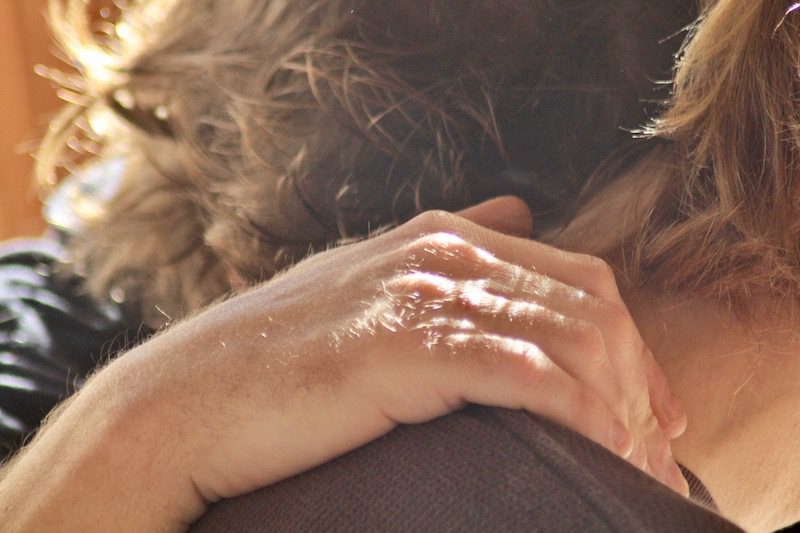The Stillbirth Centre of Research Excellence (Stillbirth CRE), in collaboration with key partners, has contributed to the national conversation on stillbirth prevention through two important submissions to the Senate Inquiry into Stillbirth in South Australia. These submissions address critical areas such as stillbirth prevention education, maternity care models, bereavement support, data collection, and research funding. […]







